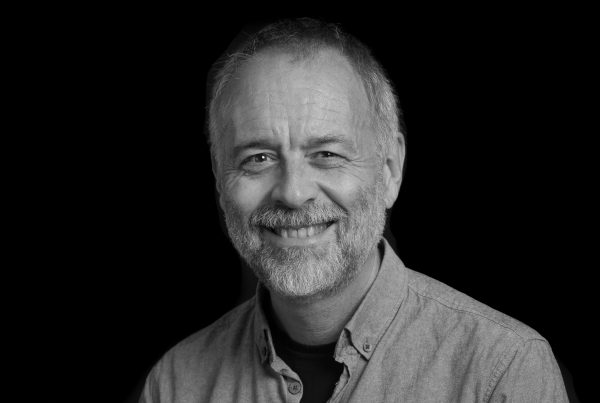- Minwer-Barakat R, Marigo J, Femenias-Gual J, Costeur L, De Esteban-Trivigno S & Moya-Sola S 2017, 'Microchoerus hookeri nov sp., a new late Eocene European microchoerine (Omomyidae, Primates): New insights on the evolution of the genus Microchoerus', J. Hum. Evol., 102, 42 - 66.
- Madurell-Malapeira J, Alba D, Espigares MP, Vinuesa V, Palmqvist P, Martinez-Navarro B & Moya-Sola S 2017, 'Were large carnivorans and great climatic shifts limiting factors for hominin dispersals? Evidence of the activity of Pachycrocuta brevirostris during the Mid-Pleistocene Revolution in the Vallparadis Section (Valles-Penedes Basin, Iberian Peninsula)', Quat. Inter., 431, B, 42 - 52.
- Fernenias-Gual J, Minwer-Barakat R, Marigo J, Poyatos-More M & Moya-Sola S 2017, 'Agerinia marandati sp nov., a new early Eocene primate from the Iberian Peninsula, sheds new light on the evolution of the genus Agerinia', Peerj, 5, e3239.
- Lucenti SB, Alba DM, Rook L, Moya-Sola S & Madurell-Malapeira J 2017, 'Latest Early Pleistocene wolf-like canids from the Iberian Peninsula', Quaternary Science Reviews, 162, 12 - 25.
- Ruiz-Ramoni D, Rincon AD, Solorzano A & Moya-Sola S 2017, 'The first fossil Platyrrhini (Primates: Anthropoidea) from Venezuela: A capuchin monkey from the Plio-Pleistocene of El Breal de Orocual', J. Hum. Evol., 105, 127 - 131.
- Ibáñez-Gimeno P, Manyosa J, Galtés I, Jordana X, Moyà-Solà S & Malgosa A 2017, 'Forearm rotational efficiency in A.L. 288-1 (Australopithecus afarensis) and MH2 (Australopithecus sediba): Insights into their locomotor and manipulative hàbits', Amm Jour. Phys. Anthrop. 164,4: 788–800.
- Femenias J, Marigo J, Minwer-Barakat R & Moyà-Solà S 2017, 'New dental and postcranial material of &ITAgerinia smithorum&IT (Primates, Adapiformes) from the type locality Casa Retjo-1 (early Eocene, Iberian Peninsula)', J. Hum. Evol., 113, 127 - 136.
